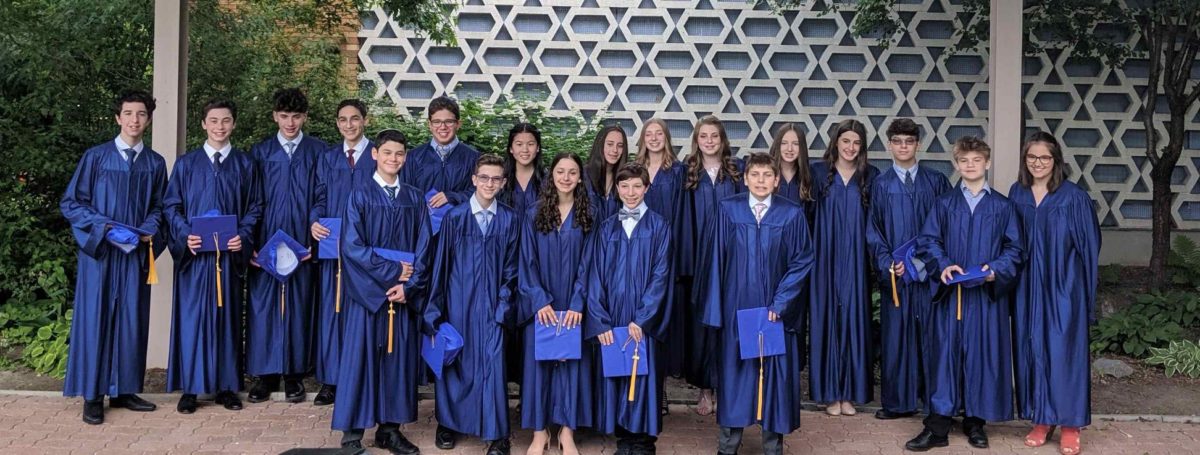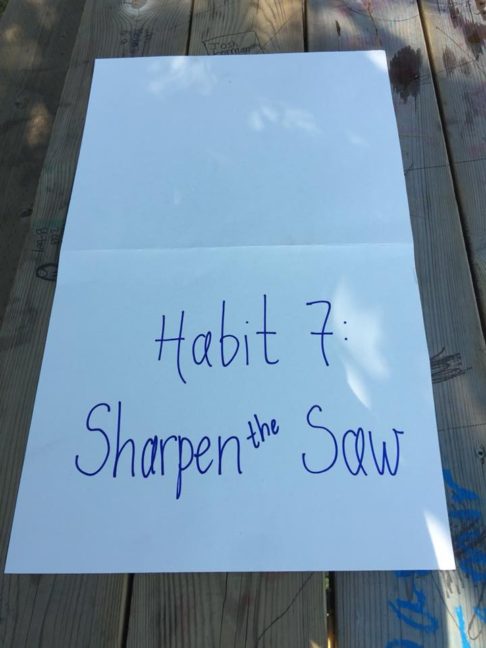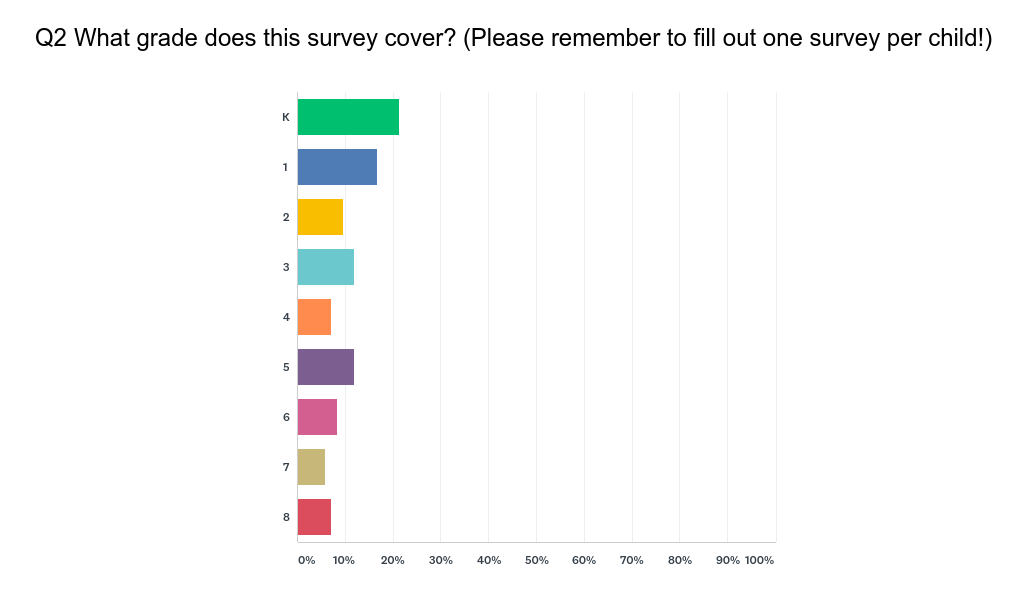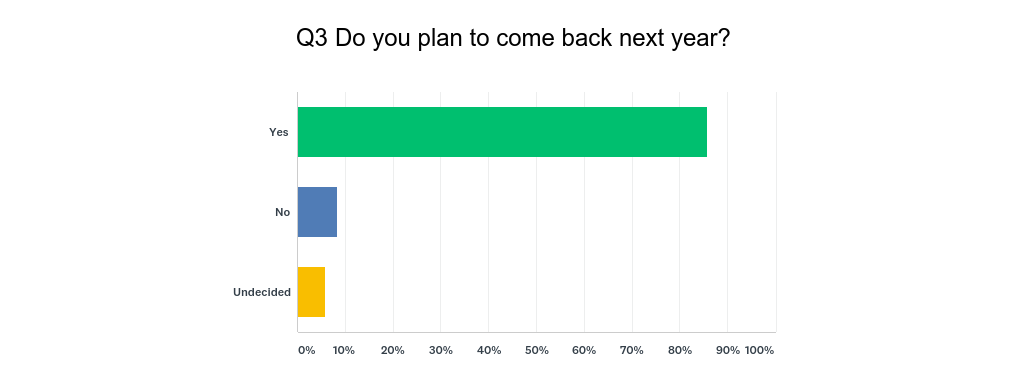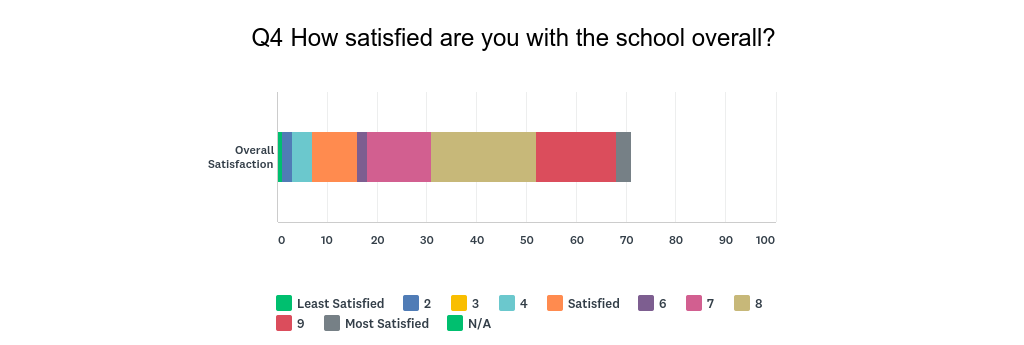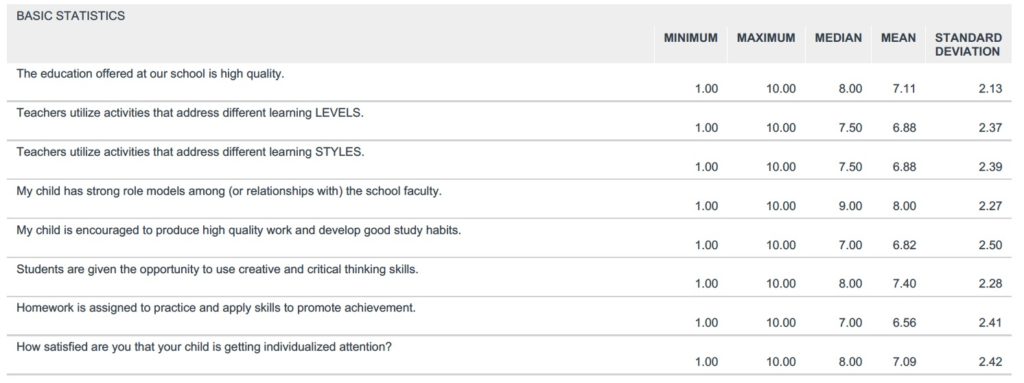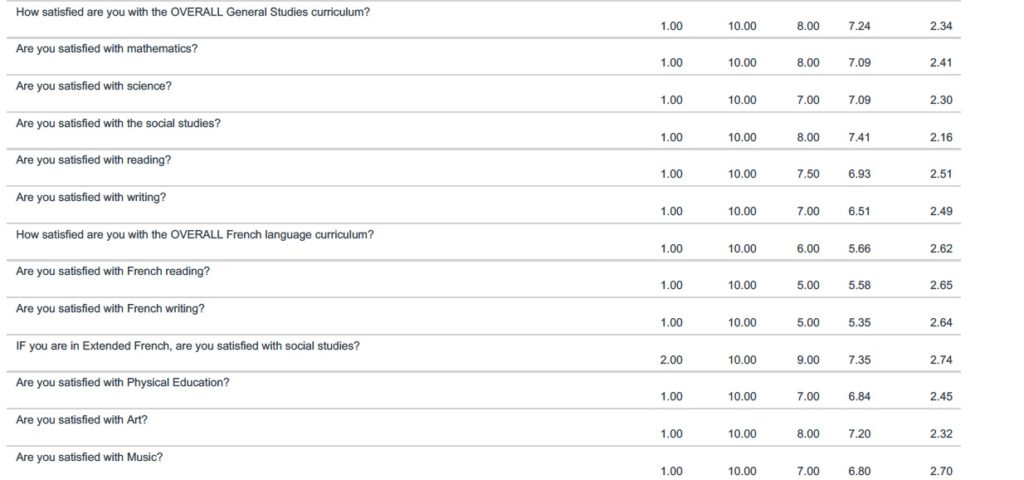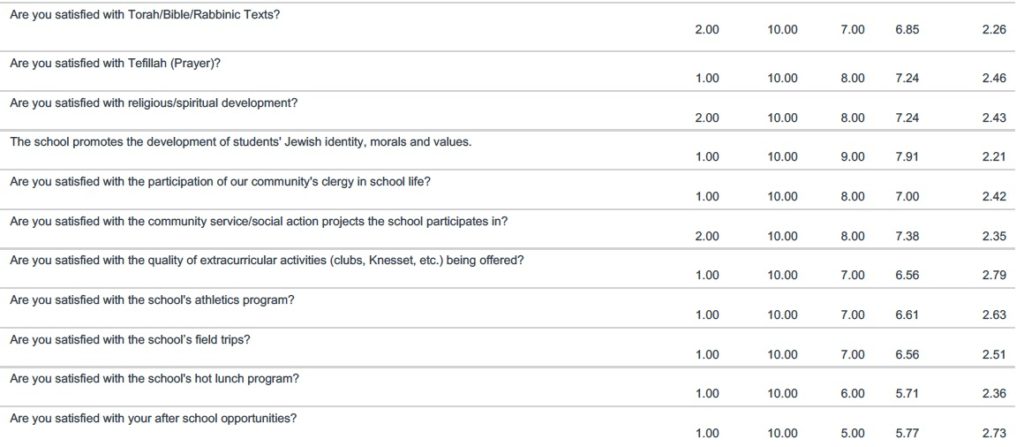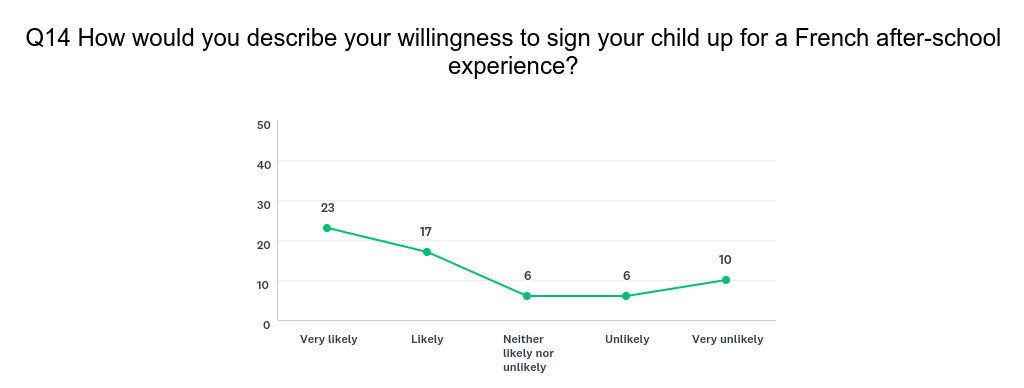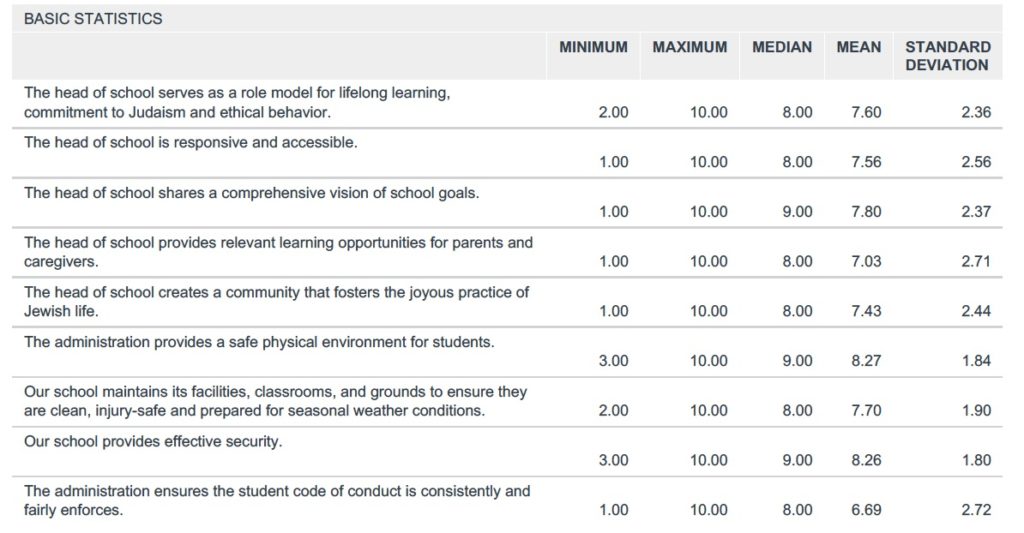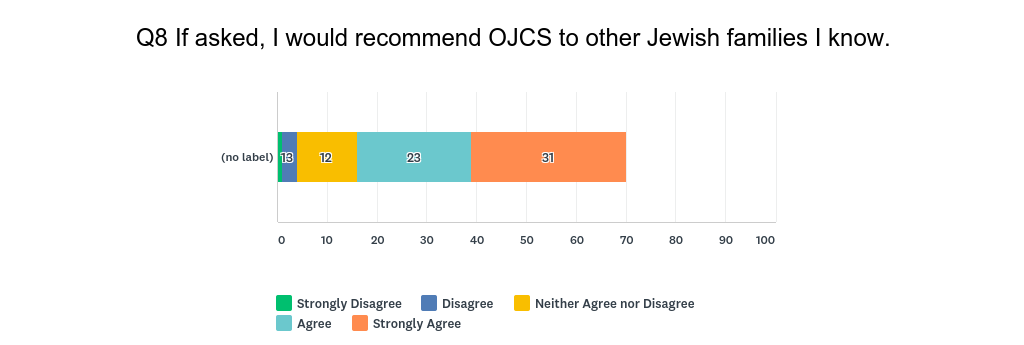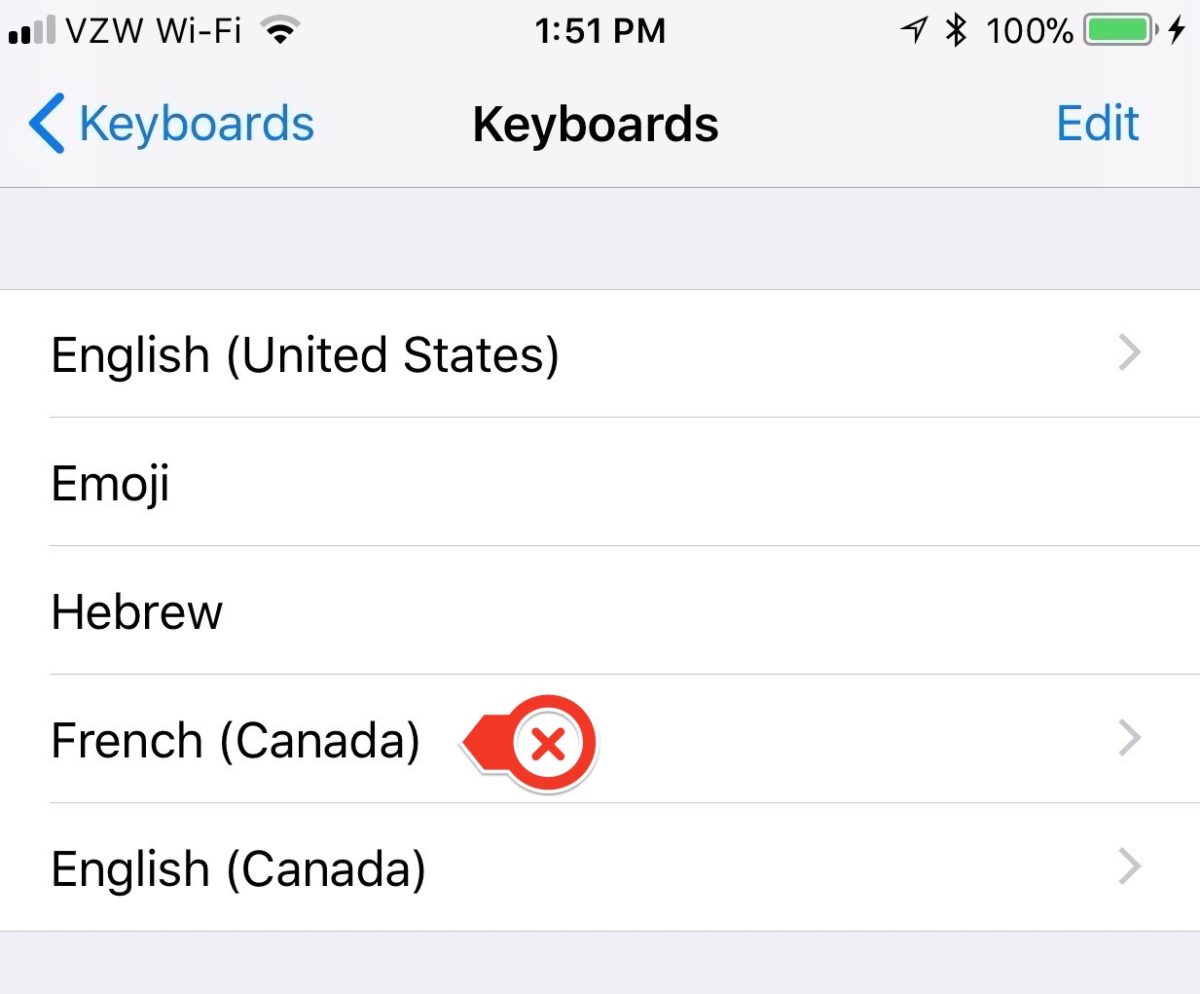This is the first week of my parenting life where I fully understand what it means to be a regular parent. And I love it. And I hate it.
As we all went back to school on Tuesday, my oldest daughter, Eliana, went off to high school. As significant a transition as it is for her, it is actually quite the transition for me. This is the first time in my parenting life that I have a child attending a school that I do not run (or recently ran). I don’t know the teachers. I don’t know the administration. I don’t fully know (or understand) the curriculum or the pedagogy or the rules or the routine. All I know about what my child is doing, or will be doing, either comes from her or what the school chooses to share with me. Sound familiar?
There is a wonderful freedom that comes without all this knowledge! As both a parent and an educator, I do have some genuine faith that teachers and schools know what they are doing. I also know that as my child is now in high school (and I guess not really a “child” anymore), that there is a necessary and natural transition of ownership of her learning more fully to her. I, too, want her to advocate for herself and I am okay with her school putting up some guardrails to help shift that onus from us, her parents, to her. I could definitely enjoy not having to know so much about the details of her education and having faith that everything is happening as it should.
Like anyone, I only have the experiences that I have, but I imagine it is fair to suggest that it is not only the differences between K-8 and high school that are in play here, nor is it only the differences between private and public or Jewish and secular. What I am learning now, in a way I never could before, is how meaningful it is for a school to open itself up to parents.
“Transparency” at OJCS is a core educational value, not a core business strategy. We don’t seek to be proactive and candid with parents about how and what we do in service of their children because it is good for business. We don’t seek and use parent feedback because it is good customer service. We are proactive and candid with parents about how and what we do in service of their children; and we seek and use parent feedback because we eagerly seek parent partnership. Parent partnership is not a business transaction; parent partnership is an educational relationship. The “we” in “we own our own learning” includes parents.
The opportunity to actively and meaningfully partner in your child(ren)’s education is not a given in every school. It is an opportunity, not a requirement, but one we want to inspire, encourage and empower. We work hard to provide parents with information and access to what is happening in school – about big picture issues and workaday activities. It can be overwhelming. My blog posts are too long. We have too many “Town Halls”. The OJCS Blogosphere is too complicated to navigate. We send too many emails and we post too much on social media.
Maybe.
It may be true that you may not want all the details of our new homework philosophy. You may not want to know how we are going to translate the “7 Habits” into a school-wide behavior leadership program. You may not want to know the details of the comprehensive PD our French teachers are participating in. You may not be interested in the details, pictures and videos being generated by teachers and students in class blogs and student blogfolios. The details of the Makerspace may be more than you care to have at your fingertips.
Etc.
And that’s okay. Each parent and family can choose for themselves how much they want to know about all the ways we think and work to educate the children in our school. Just know that we believe you are entitled to that information and, more than that, that your being in the know about the school, and your keeping the school in the know about your child(ren), enhances, amplifies and helps ensure our mutual success.
Speaking of which…
We hope to see many of you on Wednesday, September 25th at 7:00 PM for our AGM followed by our Hands-On Workshop at 7:30 PM. There we will be doing some hands-on learning, exploring and subscribing that will better help you know exactly how to find the information about your child(ren)’s class(es), including homework/quizzes/tests/projects, you want and need to be wonderful partners and advocates.
We will likely put out some additional information about the workshop (including either an opportunity for folks to participate virtually and/or where to find a recording of it) because we are still actively shaping it in response to feedback from the opening of school. I realize that that might seem a bit messy, but it is only because we want to make sure that our assumptions about how we prepared for this year are actually borne out in reality. We want to actively respond to the facts on the ground, not what we assumed to be. If you have specific questions, concerns or suggestions on the content of the workshop, please don’t hesitate to share them. We want this to be in service of parents’ felt needs.
Finally, if you need an extra incentive to be with us, please note that we will be making a major announcement that evening on how we plan to secure the long-term future of our school. It is very exciting and will be a big moment for us and our community.
[And I wrote a blog post under 1,000 words! #LifeGoals]




